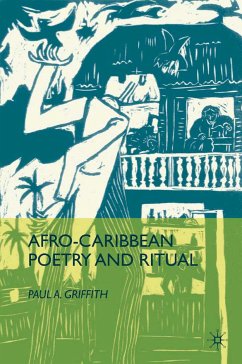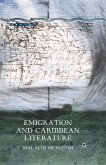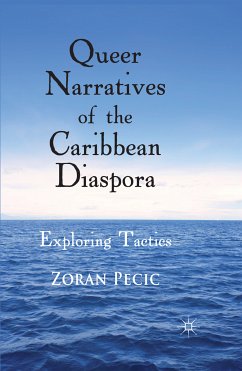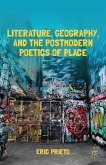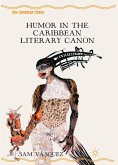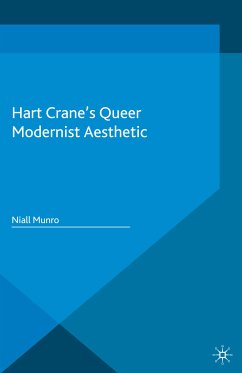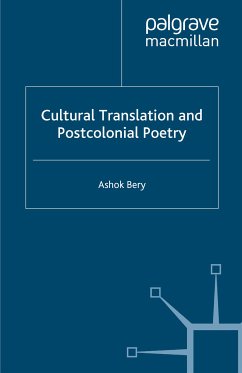Dieser Download kann aus rechtlichen Gründen nur mit Rechnungsadresse in A, B, BG, CY, CZ, D, DK, EW, E, FIN, F, GR, HR, H, IRL, I, LT, L, LR, M, NL, PL, P, R, S, SLO, SK ausgeliefert werden.
"Griffith s scholarship is remarkably thorough. In using the notion of the tidealectic as his controlling trope, the author manages to link a vast body of oral tradition - both literary and nonliterary - to the primal natural archetype of island cultures. This is perhaps best demonstrated in his fascinating analysis of the symbolic patterns embodied in the Limbo dance - the ebb and flow, the death and resurrection - which becomes a metaphor for the Middle Passage, the hell of slavery, and the eventual rise of free, post-colonial cultures. As the author says, It is this metaphorical rhythm of retrieval and advance, death and rebirth . . . that gives conceptual unity to a range of forms and styles in Caribbean residually oral art. " - R. S. Gwynn, editor of the Penguin Pocket Anthology

